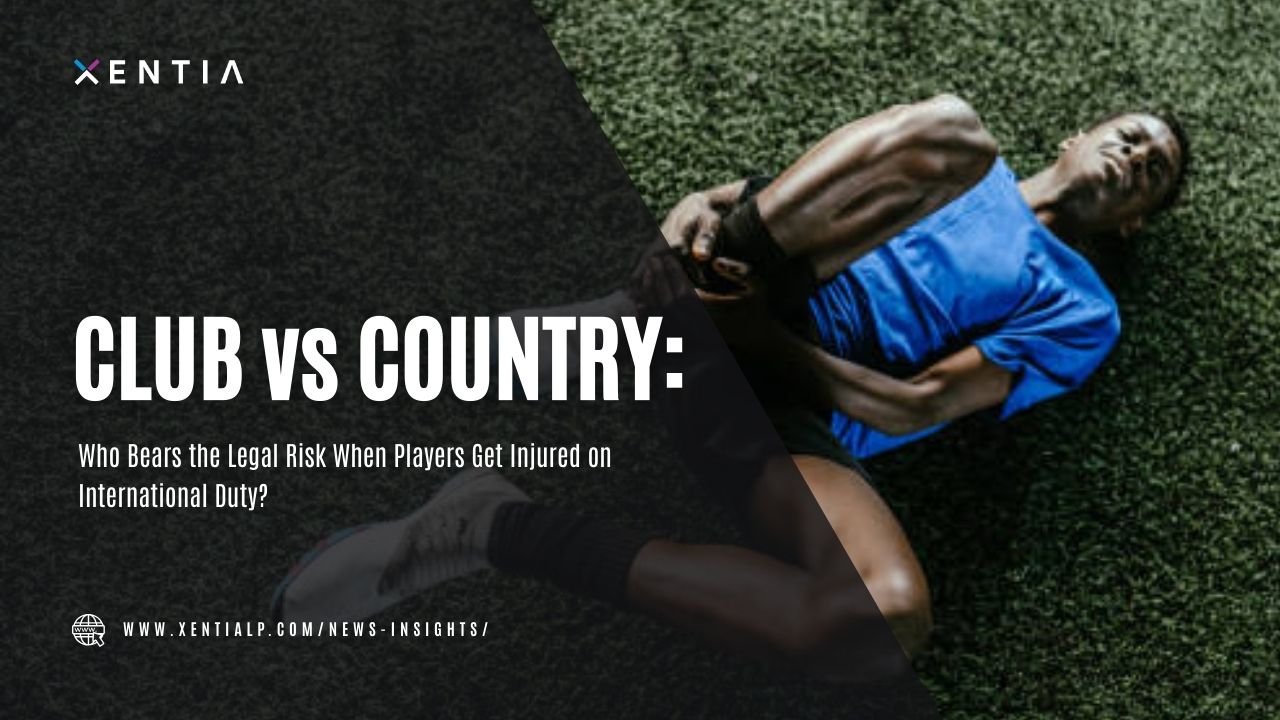
As international football resumes, many fans focus on national pride and performance. But behind the scenes, clubs quietly manage a different reality: what happens if one of their players returns injured?
This is the heart of the “club vs. country” conversation, a longstanding and legitimate tension between national football federations and professional clubs.
Under FIFA regulations, clubs are required to release players during designated international windows. In recognition of this duty, FIFA introduced the Club Protection Programme (CPP) an insurance mechanism designed to compensate clubs when players suffer long-term injuries while on international duty.
The CPP offers:
i. Coverage during official national team matches or training sessions,
ii. Compensation beginning after 28 consecutive days of injury-related absence,
iii. Daily payouts up to €20,548, with a cap of €7.5 million per injury.
This system has helped to create a more balanced framework for clubs, many of which carry significant financial obligations on players’ wages and health care.
However, the legal and practical complexities remain real. For example:
i. Coverage applies only during officially sanctioned windows and events.
ii. Injuries outside this scope, such as early arrivals or unsanctioned friendlies may fall outside protection.
Navigating recourse or compensation in the event of disputes often requires familiarity with FIFA’s internal regulations or, in some cases, arbitration before the Court of Arbitration for Sport (CAS).
From a legal perspective, this underscores the importance of robust player contracts, well-structured insurance coverage, and awareness of the frameworks that govern player movement and injury liability.
In Africa and other emerging football markets, the conversation is evolving. Clubs, federations, and players are increasingly engaging legal professionals to help interpret these frameworks, manage risks, and build structures that protect all stakeholders both on and off the pitch.
At Xentia LP, we continue to explore these intersections between law and sport, particularly as African football grows in scale, professionalism, and global integration.
The information provided does not, and is not intended to, constitute legal advice; instead, all information, content, and materials available on this site are for general informational purposes only.


